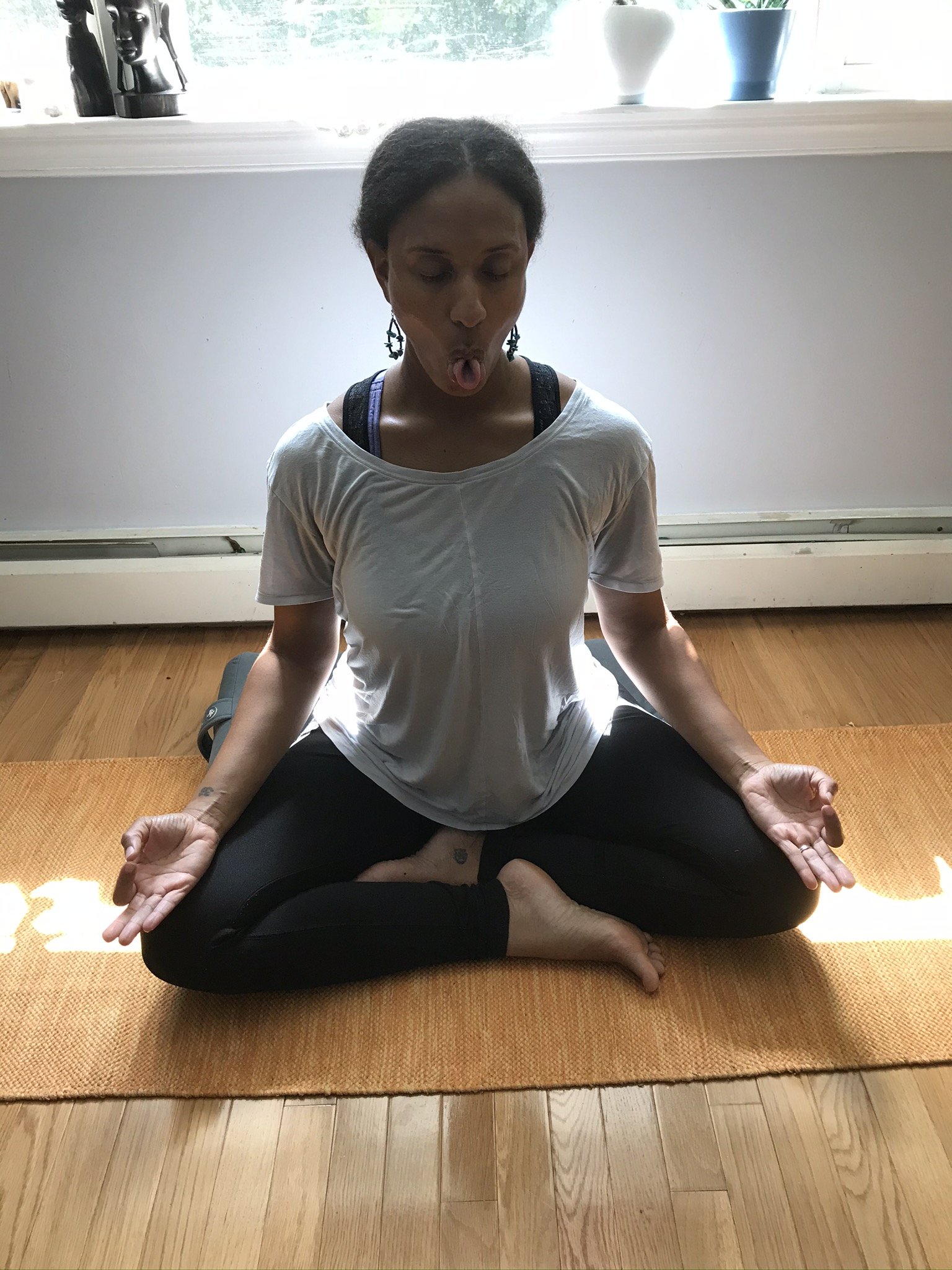(*Note this piece was updated August 2020)
It was early autumn in the year 2000. I was happy-go-lucky and attracting, as a result, pure joy. Felicity was my favorite tv show and I had my sights set on grad school at NYU. Bye, bye, Western New York and hello city! A Drama major, I had just scored the role of Calphurnia in the school production of Julius Ceasar. To add to my good fortune, during rehearsals for Julius Ceasar, I was offered a "paid" role as a member of a professional theatre company in Buffalo. It was a dream come true. Amplifying my bliss, was the fact that I was head over heels in love in a blindly smitten first love kind of way.
The universe was open to me. Everything seemed to be coming into fruition. I was glowing!
On a rainy afternoon, I made my way to downtown Buffalo for rehearsal. I surprised myself and found street parking right away on the Elmwood strip and reveling in my good fortune, decided to duck into some shops since I time to kill before rehearsal.
I sat my umbrella by the door and made my way towards the rows of books. I found a section of books about herbs. I flipped through some and ran my fingers along the spines, speed reading the titles. My finger stopped randomly at one book.
The spine simply said Reiki. I had no idea what Reiki was, but I pulled the book from the shelf, smiled at the beautiful floral water color flowers that decorated the cover and after ten minutes or so of flipping through the pages, decided I couldn't live without it and purchased it. This was my unlikely introduction to Reiki.
Reiki found me.
I held onto the book, referencing the pages on occasion. From time to time, I'd take the book out and show my roommates and friends. They regarded it as odd, changed the topic and life went on.
Five years later, after graduating from NYU, I was living in New York City. Walking from a friends house in Queens to the Manhattan bound N, I came across a flyer advertising a Reiki training. Two months later, I saw my first client.
Just as Reiki had found me five years earlier, I had now found Reiki.
I sent Reiki to my plants, my cat Martha, I worked on myself and my roommates and friends.
Seven years after my first two trainings, I found myself in Osaka, Japan training to be a Reiki Master. Reiki was inextricably a part of me.
I had joyously discovered a healing practice that made me glow and feel strong. With Reiki I tingled with excitement and found the calm and quiet I needed to fuel my creativity. I lived in a city that was go...go...go...., yet I felt recharged and energized.
But why? As I started to work with a variety of clients, the same questions came my way. Why Reiki? People would ask, why not massage or acupuncture or something more tangible?
It's hard to describe the intense radiant love and warmth that overcomes the soul during a Reiki treatment. It's hard to quantify the pleasant electric tingles that radiate down the spine or the soft swirling sensations beneath the palms of one's hands and feet.
Luckily, science has intervened. Reiki has been studied and its efficacy proven.
Recently, I wrote an article for the website Savana Spirit concisely outlining my answer to the Why Reiki question.
From a girl who didn't know why when she stumbled upon this most healing and transformative art, here are…
1. Reiki Promotes a Healthy Immune System
Reiki treatments are deeply relaxing and restorative. Since the immune system functions better when pain and stress are reduced, the presence of Reiki energy reduces both pain and stress, clearing away immune impediments to ensure strong and proper functioning. In fact, research shows that giving or receiving Reiki energy helps to boost the number of white blood cells in the body resulting in a stronger immune response. In a study by the Helfgott Research Institute, patients who received Reiki demonstrated a marked increase in white blood cell counts.
2. Reiki Promotes Relaxation
Reiki energy balances the chakras, the energetic network of the body. As Reiki energy flows, blockages are removed as mind, body and spirit come into alignment. Reiki energy strengthens the parasympathetic nervous system, which calms and quiets the body’s fight or flight response and helps to control the release of cortisol stress hormones. Reiki energy calms the central nervous system creating an internal environment of peace.
For these reasons, Reiki is immensely beneficial in the treatment of anxiety, insomnia, and depression.
3. Reiki Regulates Emotions and Moods
Reiki helps to make spirituality accessible, connecting both practitioner and recipient harmoniously with higher energies. This sense of harmony and inner peace, creates stability in the mind and body, helping to unblock past traumas, negative patterns, and beliefs. Regular Reiki treatments can reduce mood swings and anger, help a person cope with grief, and release trapped emotions.
4. Reiki Speeds Up Recovery from Surgery
Reiki can be administered before, during and after surgery to relieve post operative pain. Reiki has been used effectively in hospitals for pain remediation. Reiki’s energy can alleviate the symptoms of trauma usually exhibited in the body post-surgery, such as increased heart rate and inflammation. Reiki also boosts the immune system which aids in post operative recovery.
5. Reiki Helps to Alleviate Chronic Conditions
Sufferers of conditions such as migraines, arthritis, lupus, fibromyalgia, chronic fatigue syndrome, multiple sclerosis, and insomnia have found Reiki to be an effective supplement to Western medicine when it comes to managing their condition. Reiki helps reduce the pain, inflammation, and stress related to such illnesses.
In a study conducted by Barbara Brewitt, MDiv, Ph.D., Reiki is shown to have positive effects on lymphatics and lymph flow in the immune system as well as demonstrated improvements in spleen and nervous system functions.
Want to give Reiki a try? Let's work together! Zoom sessions are available.
Also check out my Fall Reiki Level 1, 2, and Mastery training dates!








